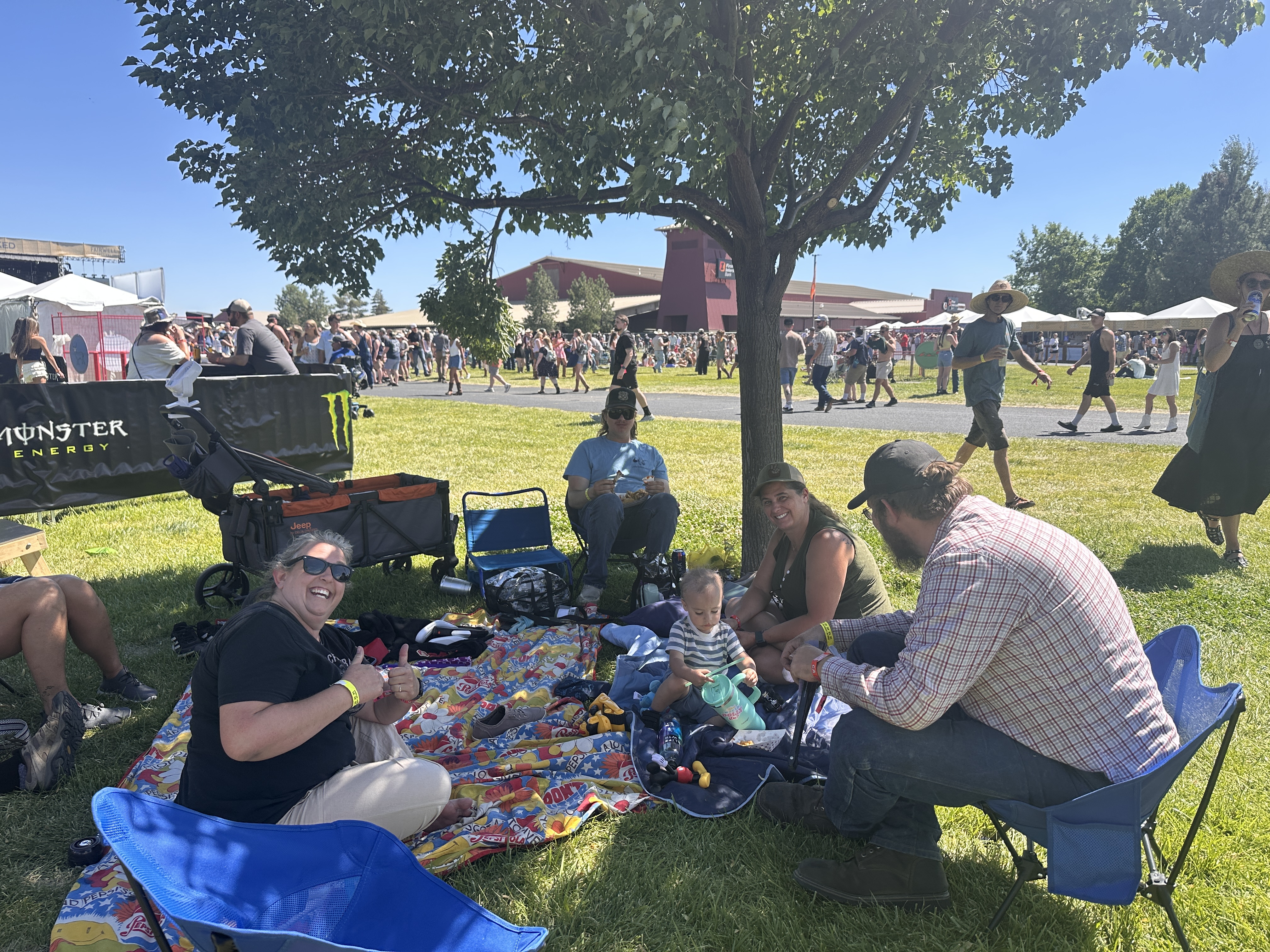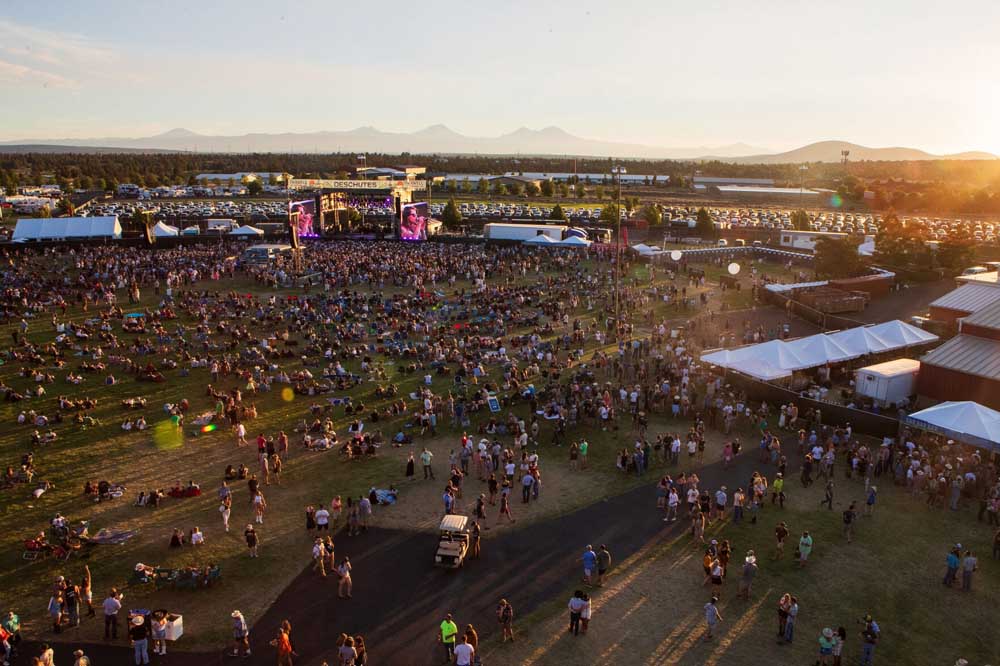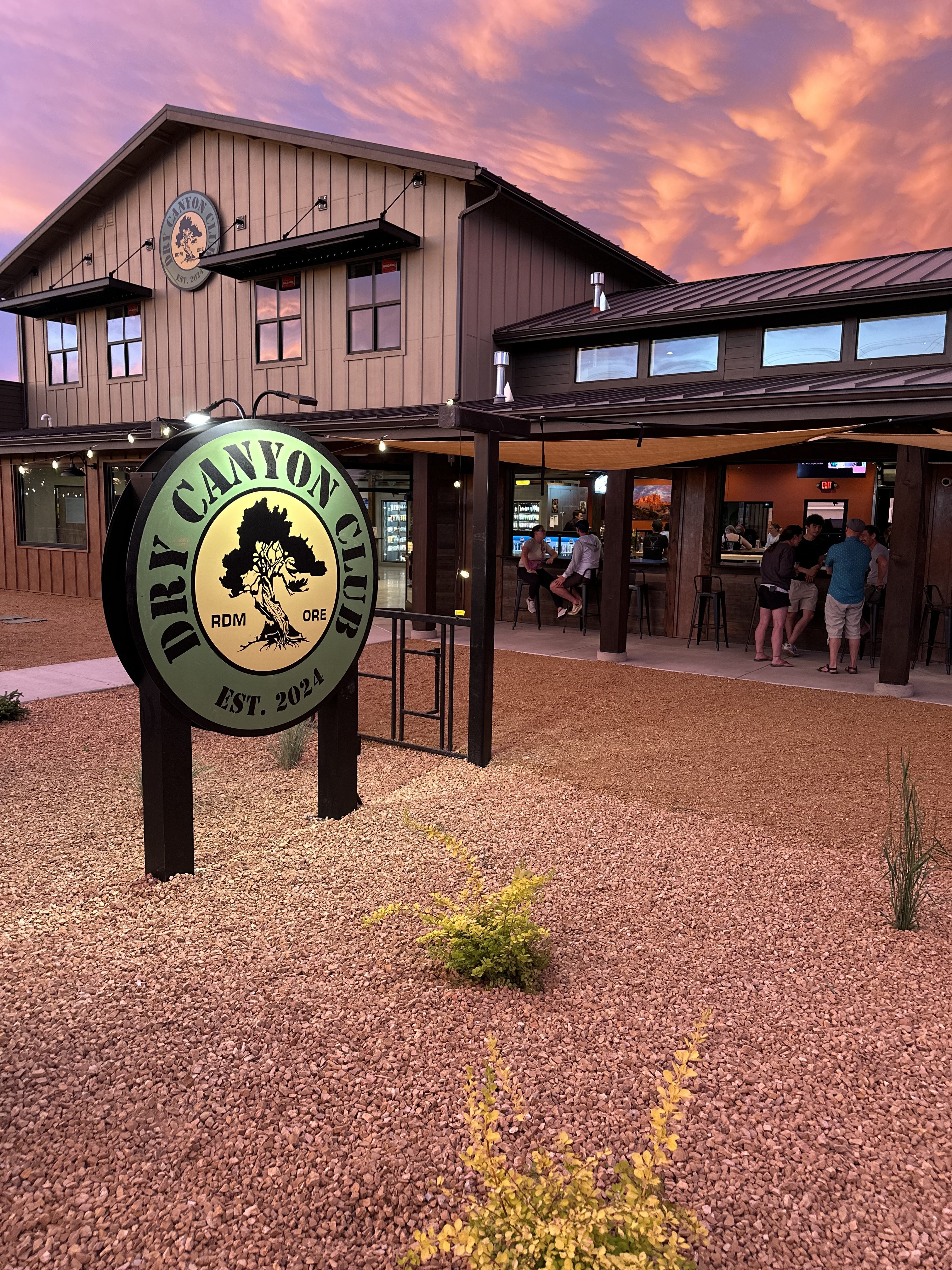Column: Keeping America’s public lands and waters is a business imperative
Published 11:53 am Wednesday, June 25, 2025

- Jessica Wahl
America’s public lands and waters support an outdoor recreation economy that generates an astonishing $1.2 trillion annually, sustains 5 million jobs, and contributes to health and quality of life. Public lands accessible to all are a distinctly American value, distinguishing us from the European traditions of private estates and aristocratic exclusivity.
Yet today, we face a disturbing push to sell these cherished resources — a move that the Outdoor Recreation Roundtable, representing 40 national associations and 110,000 American businesses, strongly opposes. Such efforts are out of touch with American values and a direct threat to local economies, communities and way of life.
Imagine heading out for an annual hunting trip only to find familiar places blocked by “No Trespassing” signs and fences. Or the trails you use after work to ride your bike suddenly cut off due to privatization. These aren’t hypothetical scenarios — they’re the inevitable outcome of selling off public lands and waters.
Trending
The value of our public lands and waters cannot be overstated. From campgrounds in national forests and marinas on our lakes to gear shops near national parks and ski resorts bustling each winter, America’s economy and culture hinge on these shared landscapes. Our industry comprises concession operators, boat and RV manufacturers, hunting, fishing, climbing, and rafting guides, gear retailers, and numerous small businesses in rural and urban areas — all of which are dependent on access to our shared natural resources.
Public lands are the fabric of our communities, and proposals for large-scale transfers or sell-offs undermine and jeopardize a significant economic engine. These actions would restrict recreational access and harm the outdoor recreation economy. Just last month, House Republicans recognized how out of touch this idea is with businesses, communities and the American public, and they wanted to avoid voting on it in reconciliation due to its unpopularity; we hope the Senate will remove the harmful selloff provisions as well.
It’s vital to distinguish this threat from the long-standing access decisions that have been used for management and exist under current laws and guardrails. In carefully considered cases that follow established models, such as the Federal Land Transaction Facilitation Act, which provides ample public comment, land exchanges or sale-purchase agreements may offer real solutions. This is especially true in gateway towns where recreation businesses can’t thrive without reliable housing options and other much-needed community infrastructure. It is worthwhile to work with Congress to better understand their constituents’ needs and find common ground.
Crucially, any transaction must guarantee zero loss of recreational access or harm to outdoor recreation activities, and revenue should be reinvested directly into conservation or access improvements of existing federal lands and waters or to acquire new, high-value recreational or conservation areas. This reinvestment cycle protects the places we cherish for generations. Each transaction demands thorough case-by-case evaluation. No two parcels, or community needs, are the same. Local voices — recreationists, businesses and residents — must guide decisions that affect their economies and outdoor experiences. What some see as a barren lot may actually be an area where residents can walk their dogs or is an essential wildlife habitat.
Privatization and selling off public lands and waters to balance the budget is not only out of touch with the American people, but it also doesn’t add up. Year after year, our public lands and waters support $1.2 trillion in economic output from outdoor recreation, surpassing industries such as farming, mining and utilities. Keeping public lands and waters public and accessible for outdoor recreation should be treated as appreciating national assets. Outdoor recreation on public lands and waters delivers strong, reliable returns.
The fact that our public lands are public means we have a say in how they are managed. We should engage in pragmatic and collaborative conversations with Congress, including the newly established bipartisan Public Lands Caucus and the Joint Task Force between the departments of Housing and Urban Development and the Interior, guided by transparency.
Trending
We know that selling public lands won’t solve the challenges our federal land agencies face — such as underfunding, crumbling infrastructure and staffing shortages. To sustain and grow our outdoor recreation economy, we must address these head-on through smart investments in our agencies, innovation, technology, partnerships and policy. This is a pivotal moment. Rather than dismantle the foundations of our shared heritage — an envy of the world — let’s invest in pragmatic ways to strengthen America’s great outdoor legacy. The future of outdoor access — and the livelihoods of millions — depends on getting this right.
— Jessica Wahl Turner is the president of the Outdoor Recreation Roundtable, a coalition of outdoor recreation associations and organizations. She wrote this for InsideSources.com.








